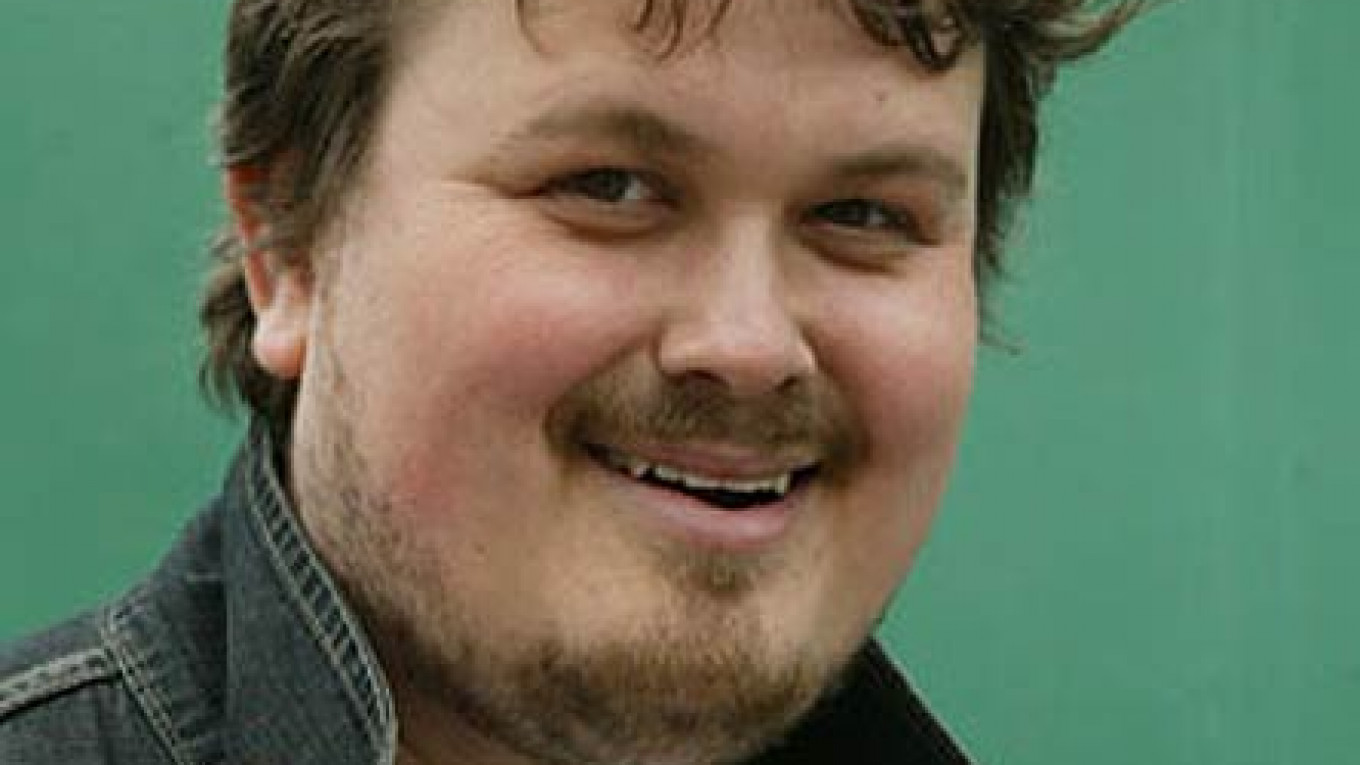The Russian Culture Ministry raised eyebrows this week by replacing several respected figures in two departments involving the fine arts and theater.
Many admit it was high time for these experts to be rotated out of their positions. But most also suggest that the actions were taken abruptly, without proper consideration of the fields affected, and possibly for political reasons.
Pavel Rudnev, an assistant to the artistic director at the Moscow Art Theater, and one of four individuals fired on Monday from advisory positions in the ministry's council of experts on contemporary drama, told The Moscow Times that, "they needed to rotate us long ago, but it was done very crudely."
Grigory Revzin, a well-known journalist and art historian, was relieved on Monday of his post as commissar of the Russian Pavilion at the Venice Architecture Biennale just two months before the event is to occur. Referring to Revzin's comments on Facebook and to an official statement from the Culture Ministry, Gazeta.ru declared the reason for the "abrupt dismissal was the critic and journalist's position on Crimea."
Art critic Anna Bronovitskaya told Gazeta.ru that the replacement "appears to be a demonstration of the Culture Ministry's repressive policies. The dismissal of Grigory Revzin, obviously, has nothing to do with his professional qualities."
Revzin was replaced by the highly regarded Semyon Mikhailovsky, the rector of the Repin Institute of Fine Arts, Sculpture and Architecture in St. Petersburg.
Also dismissed with Rudnev from the advisory council on drama were Yelena Kovalskaya, art director of the Meyerhold Center, Yelena Gremina, co-founder of Teatr.doc, and Roman Dolzhansky, deputy artistic director at the Theater of Nations. The replacements, according to a post Dolzhansky made on Facebook, include celebrated film director Pavel Lungin and Yury Polyakov, the editor of Literaturnaya Gazeta. They both signed a controversial open letter on March 11 supporting President Vladimir Putin's policies in Ukraine.
Asked whether he saw signs of repressive policies in his own case, Rudnev on Thursday laughed and said, "Clinging to my optimism, I will say I do not want to see politics in this."
"There is a fear that the cultural space may be shrinking," he said. "It is just a fear for now, but it could well happen."
Contact the author at jfreedman@imedia.ru
A Message from The Moscow Times:
Dear readers,
We are facing unprecedented challenges. Russia's Prosecutor General's Office has designated The Moscow Times as an "undesirable" organization, criminalizing our work and putting our staff at risk of prosecution. This follows our earlier unjust labeling as a "foreign agent."
These actions are direct attempts to silence independent journalism in Russia. The authorities claim our work "discredits the decisions of the Russian leadership." We see things differently: we strive to provide accurate, unbiased reporting on Russia.
We, the journalists of The Moscow Times, refuse to be silenced. But to continue our work, we need your help.
Your support, no matter how small, makes a world of difference. If you can, please support us monthly starting from just $2. It's quick to set up, and every contribution makes a significant impact.
By supporting The Moscow Times, you're defending open, independent journalism in the face of repression. Thank you for standing with us.
Remind me later.







